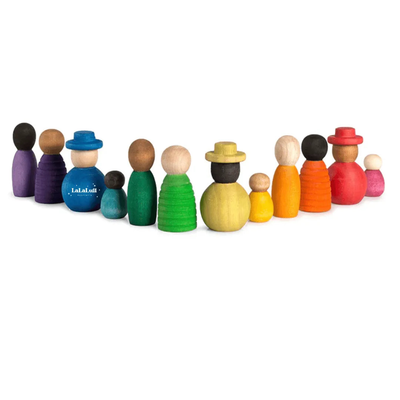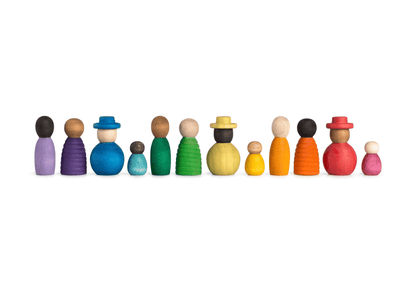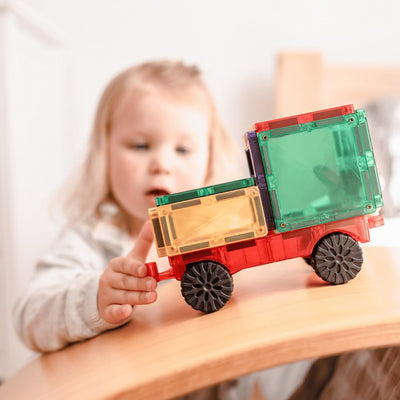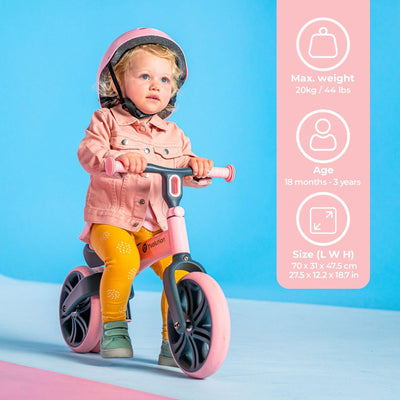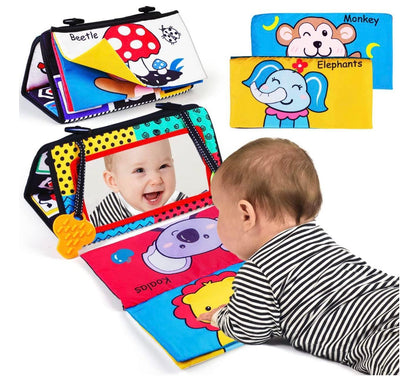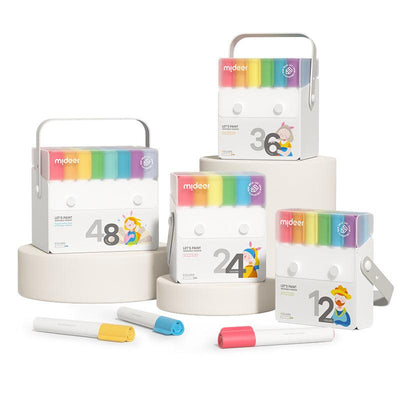Introduction to Autism and Puzzles
Autism Spectrum Disorder (ASD) affects communication, behavior, and social interactions. Each autistic individual has unique strengths and challenges. One common interest among many autistic individuals is puzzles. Puzzles are enjoyable and beneficial, offering various cognitive, sensory, and emotional advantages. In this blog, we explore why puzzles are particularly appealing to autistic individuals.
How Do Puzzles Benefit Cognitive Skills?
Puzzles are excellent tools for enhancing problem-solving skills. They require critical thinking, pattern recognition, and strategy development. For autistic individuals, puzzles can significantly improve memory and concentration. The process of fitting pieces together or solving a puzzle strengthens cognitive abilities, providing a sense of accomplishment and reinforcing learning through repetition and practice.

Why Are Puzzles Calming for Autistic Individuals?
Many autistic individuals have heightened sensory sensitivities. Puzzles provide controlled sensory stimulation that is both engaging and calming. The tactile experience of handling puzzle pieces, combined with the visual satisfaction of seeing a puzzle come together, can be incredibly soothing. This sensory input helps regulate sensory experiences and can reduce anxiety and stress.
Are Puzzles Used in Therapy for Autism?
In therapeutic settings, puzzles are often used to assist autistic individuals. Therapists use puzzles to help improve fine motor skills, enhance hand-eye coordination, and build cognitive abilities. The structured nature of puzzles makes them ideal for therapy sessions, providing a clear goal and a sense of progress. The benefits observed in therapy programs often include improved focus, better problem-solving skills, and increased patience.
Do Puzzles Help with Social Skills?
While puzzles are often seen as solitary activities, they can also encourage social interaction. Collaborative puzzles require communication and teamwork, helping autistic individuals practice social skills in a structured and enjoyable environment. Completing a puzzle together fosters a sense of cooperation and shared achievement. Additionally, successfully completing a puzzle boosts self-esteem and confidence, providing a sense of accomplishment and pride.
What Types of Puzzles Appeal to Autistic Individuals?
Different types of puzzles appeal to autistic individuals, depending on their interests and sensory preferences. Visual puzzles, such as jigsaw puzzles, can be particularly engaging for those who enjoy patterns and colors. Tactile puzzles, like 3D puzzles or tactile tiles, offer a hands-on experience that is both stimulating and satisfying. The key is to find puzzles that match the individual's preferences and sensory needs, providing a balance of challenge and enjoyment.
Is It Hard for Autistic Kids to Do Puzzles?
The difficulty of puzzles varies based on the individual and the puzzle itself. Some autistic individuals may find certain puzzles challenging but rewarding. Others might prefer simpler puzzles that offer quick wins and sensory satisfaction. It's important to choose puzzles that are appropriate for the individual's skill level, age group and interests, ensuring they remain engaged and motivated.
Explore the puzzle based on age group as follows
- Puzzles for 2 year olds
- Puzzles for 3 year olds
- Puzzles for 4 year olds and adults
- Dinosaur Puzzle
- Mideer Level Up Puzzles
Personal Stories and Testimonials
Many autistic individuals and their families have shared positive experiences with puzzles. For some, puzzles have become a favorite hobby, providing hours of enjoyable and rewarding activity. Parents and caregivers often note improvements in cognitive and motor skills, as well as a calming effect on their children. These personal stories highlight the diverse benefits of puzzles and underscore their importance as a beneficial activity for autistic individuals.
Conclusion
Puzzles offer a range of benefits for autistic individuals, from cognitive enhancements to sensory stimulation and social interaction. Their structured nature and the sense of accomplishment they provide make them an appealing and rewarding activity. Encouraging the inclusion of puzzles in daily routines can support the development of important skills and provide a source of enjoyment and relaxation.
Additional Resources
For further reading and resources on puzzles for autistic individuals, consider exploring the following links:
- Autism Speaks: Activities for Autistic Children
- National Autism Resources: Puzzles and Games
- The Autism Helper: Educational Materials
These resources offer valuable information and recommendations for puzzles and related activities that can benefit autistic individuals.


